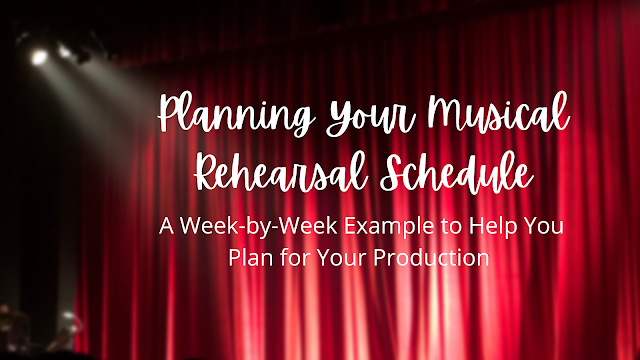What is Our Role as Music Adjudicators?
Throughout the day I had several parents and other teachers approach me and thank me for the kindness and encouragement I showed their student(s). One parent explained that "the other judges don't really say much, but your words help give my child confidence and I appreciate how you explain to them what they do well, but can really focus on improving as they move forward."
I was somewhat stunned by her words. I thanked them for their kind words and explained that I feel it is my duty when I'm judging to be honest, but to encourage and uplift.
This led me to wonder the rest of the day, "What is our role as music adjudicators, at least in the sense of a solo and ensemble setting?"
To me, the answer is easy. I'm there to listen, provide constructive criticism, and, above all, give these kids the words of encouragement needed to keep on practicing, performing, and sharing something they love. After all, it takes major guts to stand up there in front of an audience, let alone a judge who is writing comments and circling things in the music while you are performing. That's hard and scary, but it's the nature of this type of organized event.
So why do some individuals feel the need to take on a stoic facade when sitting in the judges seat? To intimidate? To prepare the student for the 'real world' of auditions? I do not see how either of these excuses serve a positive purpose that encourages a student to continue to sing or play and seek help, guidance, and knowledge from individuals who are more experienced.
If you feel you might be one of these more stoic judges who quietly writes their comments and doesn't really interact with your performers, I implore you to look reflect on how you approach judging these events and how you can be the one in the room that flips a terrifying experience for a kid into a positive, welcoming, and enlightening one. Not every student is going to be well prepared or be a top-notch performer, but that student still made the effort to show up, stand up, and try. Score them as they deserve, but praise them for the courage it took to "do the thing". Hopefully they hear your words and continue to improve (or at least come better prepared the next time).
There is already too much negativity in this world. Be the light in a student's day. Be a voice of help, a voice of pedagogical knowledge, but above all, be a voice of encouragement.



Comments
Post a Comment